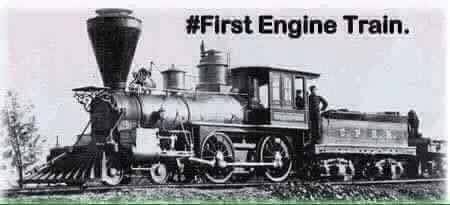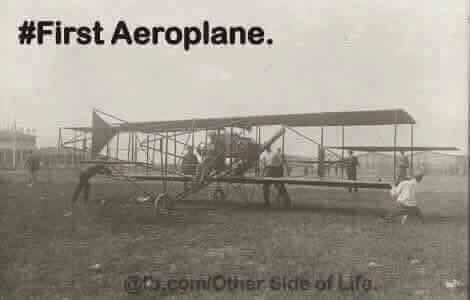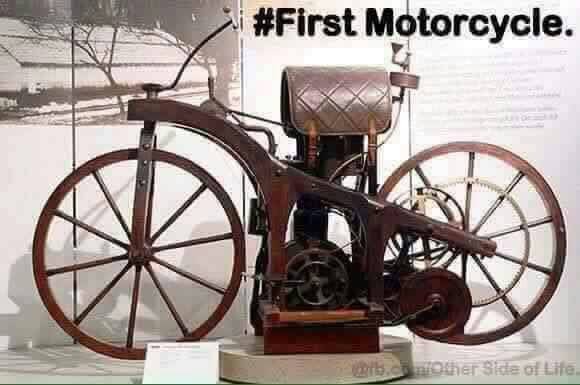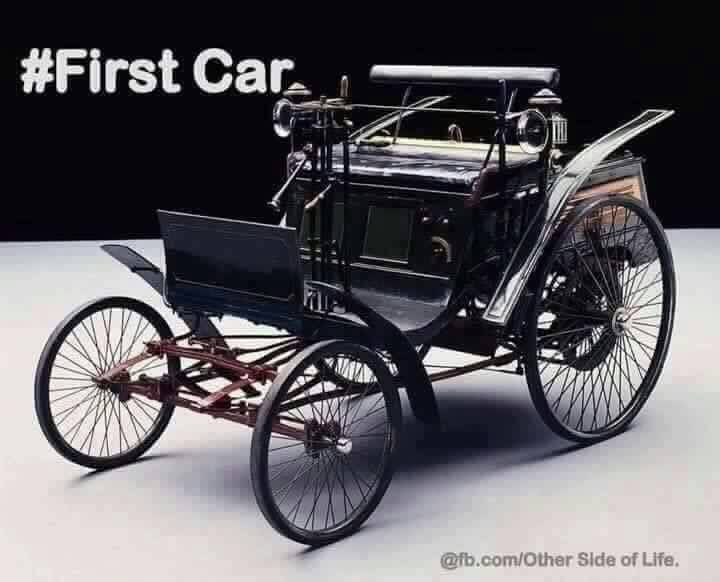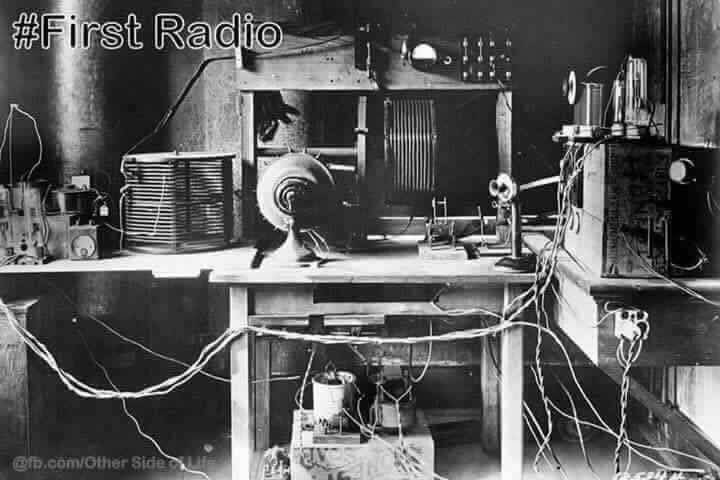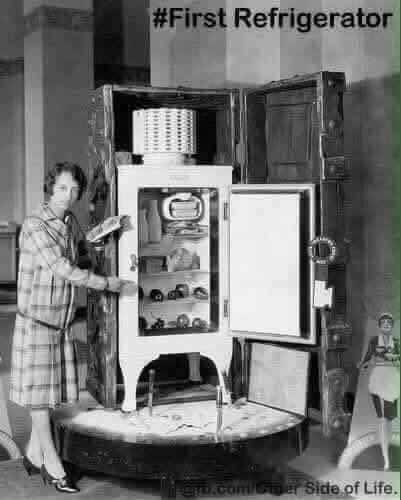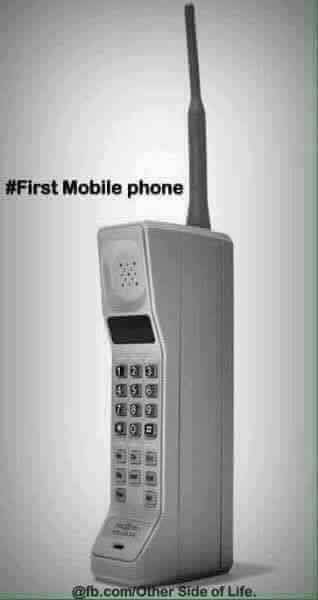Technology is derived from the Greek word "techne" which means art or skill. More commonly, technology is broadly defined as society's pool of knowledge regarding the industrial arts. Technology means human action on physical objects or as a set of physical objects characterized by serving human purposes. It is the systematic application of scientific or other organised knowledge to practical tasks.
Technology as seen from its early development and what we see today can be regarded as an ever evolving and ever changing tool box of mankind and it is central to industrialization. It is often said that the age of technology is the age of raw materials and the current limit of human imagination. throughout mans existence, his basic needs have remained unchanged; but unlike other animals, man has other requirements other than those related merely to acquisition of food and provisions of shelter. The prehistoric man was driven partly by necessity and partly by curiosity and strong desire for adventure to use the material around him as tools for hunting, to provide shelter , for weapons and for intellectual expressions.
A case in question is that of Tubal-Cain mentioned in the bible and this represents one of the earliest period in man's history regarding the evolution of technology.
And Zillah, she also bare Tubal-Cain, an instructer of every artificer in brass and iron: and the sister of Tubal-Cain was Naamah. Genesis 4:22
However, as human started to multiply and form themselves in groups both during, before and after bible times; development of culture also accompanied. The processes of change from the beginning of man's history mentioned above are all linked to man's effort to understand himself and the mysterious universe around him. And this involved the study of all natural things. The other deals with the use that man has been able to make of the earth's resources and the gradual development of man made instruments, machine and materials.
A very wide spectrum of development had taken place during this period at least for hundreds of years before christ (BC) culture described as Paleolithic, Mesolithic and Neolithic had all flourished at different places and at different times. Some of these cultures made some notable contributions to development of technology as listed below
EGYPTIAN ERA
By 3000 BC, the great civilizations of Egypt and others were flourishing in the Middle East. They invented a from of writing and found a way of making a writing material , papyrus, from rushes which grew by the Nile. Some of the greatest civilization of all time were performed by the Egyptians, such as the construction of the pyramids. some of them measuring 70.2 square meter at the base and 60 meter high. According to world book Encyclopedia, "Imhotep was the first Engineer known by name.. the builder of the famous steeped pyramid at saqqrat, near Memphis."
ROMAN ERA
The most remarkable contributions of the Roman Era was in the area of civil engineering. They build aqueducts for fluid flow, mills for grinding relevant materilas; design and construction of permanent structures such as brisges, roads, and public buildings. And these obviously could hardly be possible without the corresponding engineering grahpic communication or technical drawing. The roman achievements still with us today includes pont-du-guard aqueducts at Nimes in France and the hadrian walls accross the border in the north of England-Scotland.
MODERN SOCIETY - THE HISTORICAL DEVELOPMENTS
The history of our modern civilization can be traced back from the period, immediately after the end of the Roman Empire. We entered the drak ages period of European history. At this period, there were no outstanding technological achievements apart from clock and stained glass windows of cathedrals. Europe had contributioned little to new technology for hundreds of years. Historians attributed this period of intellectual / technological backwardness dark ages), partly to the church or religion, and magoical arts, astrology and witchcraft.
It was in the Middle ages (Medieval world) that an extraodinary flowering of philosophical debates as continuation of previous Greek view about the earth, water, fire and air began. At this period, it seems the limitation of human reasoning implied that Religion or Church doctrines alone could serve as the ultimate authority for human understanding. But 14th to about 16th centuries saw the start of renaissance, which released scientific thought from religious shachles and in doing so, promoted technology. By 1450 AD, Johannes Gutenburg's printing press was active in Germany. There are also some numerous inventions that were brought about by technology; they includes the following:
On 21 February 1804, the world's first steam-powered railway journey in the world took place when Trevithick's unnamed steam locomotive hauled a train along the tramway of the Penydarren ironworks, near Merthyr Tydfil in South Wales.-- wikipedia
On December 17, 1903, Wilbur and Orville Wright made four brief flights at Kitty Hawk with their first powered aircraft. The Wright brothers had invented the first successful airplane. The Wrights used this stopwatch to time the Kitty Hawk flights. wikipedia
Another early internal combustion, petroleum fueled motorcycle was the Petroleum Reitwagen. It was designed and built by the German inventors Gottlieb Daimler and Wilhelm Maybach in Bad Cannstatt, Germany in 1885. wikipedia
Company History Benz Patent Motor Car: The first automobile (1885–1886) The first stationary gasoline engine developed by Carl Benz was a one-cylinder two-stroke unit which ran for the first time on New Year's Eve 1879. wikipedia
Around the start of the 20th century, the Slaby-Arco wireless system was developed by Adolf Slaby and Georg von Arco. In 1900, Reginald Fessenden made a weak transmission of voice over the airwaves. In 1901, Marconi conducted the first successful transatlantic experimental radio communications.wikipedia
Artificial refrigeration began in the mid-1750s, and developed in the early 1800s. In 1834, the first working vapor-compression refrigeration system was built. The first commercial ice-making machine was invented in 1854. In 1913, refrigerators for home use were invented. wikipedia
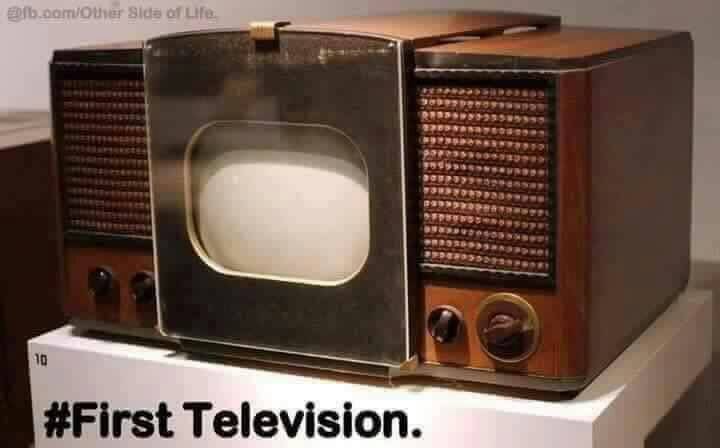
By the 1920s, when amplification made television practical, Scottish inventor John Logie Baird employed the Nipkow disk in his prototype video systems. On 25 March 1925, Baird gave the first public demonstration of televised silhouette images in motion, at Selfridge's Department Store in London.wikipedia
Motorola was the first company to produce a handheld mobile phone. On April 3, 1973, Martin Cooper, a Motorola researcher and executive, made the first mobile telephone call from handheld subscriber equipment, placing a call to Dr. Joel S. Engel of Bell Labs, his rival.wikipedia
